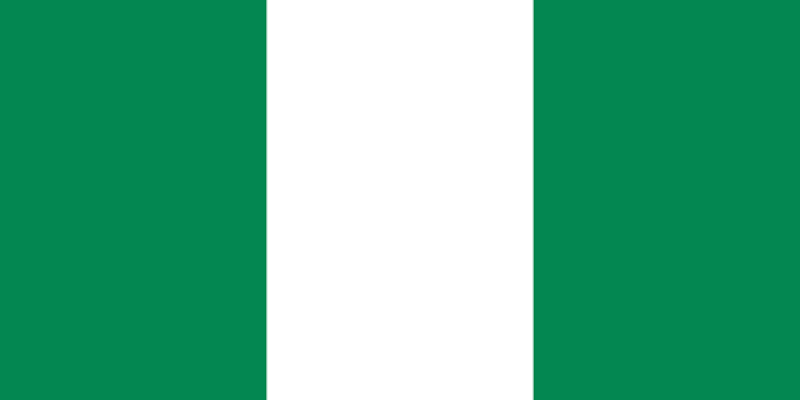After more than 15 years in power, the ruling party in Nigeria doesn’t seem too keen on letting a credible opposition emerge. Between the police assault on the country’s House Speaker inside the National Assembly last week and the subsequent raid of his party’s Lagos offices, I think it’s pretty clear what’s going on right now.
Here’s the BBC report on the raid:
Nigeria’s main opposition party has condemned a weekend raid of its Lagos offices by state security agents.
“We call for an independent commission of inquiry to ascertain the reasons why armed officers raided our office,” the All Progressive Congress (APC) deputy chairman Lawal Shuaibu told the BBC.
The party said computers were destroyed and documents seized during the raid.
[…]
But the APC said the incident was “another one in the string of attacks and illegal actions of the administration.” It said “more than a dozen” computers had been destroyed, a server had been “vandalised” and 28 people arrested.
[…]
“Just like the Watergate scandal in the USA, the state-sponsored security operatives apparently acting at the behest of the ruling PDP [People’s Democratic Party] government turned the office upside down, and pulled out and vandalised everything in sight,” he told the AFP news agency.
The conservative PDP — delicately balancing market liberalization supporters with Christian and Muslim social conservatives from the north and south — has held the presidency since first democratic elections of the Fourth Nigerian Republic, in 1999, and then again won elections in 2003, 2007, 2011. (In 2003, the win came easily and freely. In 2007, there was serious controversy over whether it had been rigged — which seems fairly likely. In 2011, the PDP won relatively easily in a fair election.)
Incumbent Goodluck Jonathan, who assumed office in early 2010 when his predecessor died, is now almost five years into office and wants another full term, amid mass disatisfaction with his tenure and a chaotic insurgency. Unfortunately for him, after years of PDP domination, the splintered opposition has formed a left-leaning unity party (the aforementioned All Progressives Congress) and is coalescing around a single candidate for the presidency. They have also captured key defectors from the ruling party, including the House Speaker in the assembly, to the point that the APC now holds a slight majority in the House and may even have a majority in the Senate (depending on the exact defector count). Nearly as many governorships are also now in APC hands.
The PDP is facing its darkest political hour right now and is very reluctant to give up power after 15 years of control. But beyond the inherent dangers of single-party democracy cycle after cycle, the PDP, and their leader in President Goodluck Jonathan, have been massively incompetent in the past four years. It’s time for Nigeria to give someone else a crack at it.

Logo of the All Progressives Congress opposition coalition. (Credit: Auwal Ingawa)






